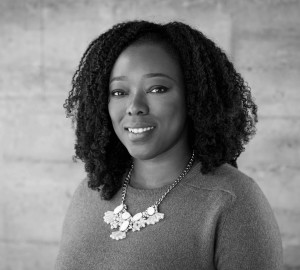 “I donated to Ashesi in my son’s name because I am interested in seeing him at Ashesi as a student one day in the future.”
“I donated to Ashesi in my son’s name because I am interested in seeing him at Ashesi as a student one day in the future.”
How did you become connected to Ashesi? What inspired you to get involved?
I think I first learned about Ashesi while finishing my PhD at Berkeley. Patrick’s story was so arresting. Growing up in Nigeria, now living in Oakland, I aspire to do the same thing, so I knew I had to get involved somehow. I had to be part of Ashesi. I donated to Ashesi in my son’s name because I am interested in seeing him at Ashesi as a student one day in the future. I can picture him hanging with his friends, while they playfully tease him about his name in the brick.
You recently completed your PhD in Computer Science Education and I know your work explored some aspects of this issue. Given your expertise in this area, why do you consider Ashesi’s focus on gender parity particularly important for higher education in Africa?
Permit me the indulgence to take you through a line a reasoning that will let you understand why what Ashesi has committed to do in its engineering program is earth shattering. You will soon see why that hyperbole is apt. Let us think about the largest concentration of women who look like me in the world, women with brown skin. The largest concentration of these population presently resides in Nigeria, followed by Brazil, then Ethiopia, Congo, all the way down to the Saint Helena. For the sake of this discussion I will focus on Nigeria, Brazil and the U.S.
Here are some interesting statistics:
- Population of Nigeria 173 million, of which approximately 87 million are female
- Population of Ethiopia 98 million, of which approximately 50 million are female
- Population of black Brazil 97 million, of which approximately 49 million are female
- Population of African Americans in the US 27.3 million, of which approximately 14 million are female.
At present there is no place where brown women in these countries can study engineering where they are not underrepresented. If Ashesi succeeds in its quest of reaching gender parity in its engineering program, it would be the ONLY place on earth where a brown woman could get an engineering degree without being underrepresented. LET THAT SINK IN. In the U.S. she could choose to go to an historical black university and get her engineering degree, however those institutions are founded as liberal arts institutions, so she would have to still transfer to an engineering university like UC Berkeley to get her engineering degree.
This is bigger than Ashesi, it’s bigger than Africa, it’s unleashing the genius that is trapped in these women’s mind. For me, educating women, and in particular putting them on a path to creation and invention is as serious an issue as climate change. You see why the hyperbole was apt?
What motivates you to stay involved?
Because I believe Ashesi might just succeed and I want to do whatever I can to make that a reality.
In your opinion, what is the most important work that Ashesi does?
Creating a learning institution with leadership values and integrity on the African continent and educating girls in engineering.
Share this story
